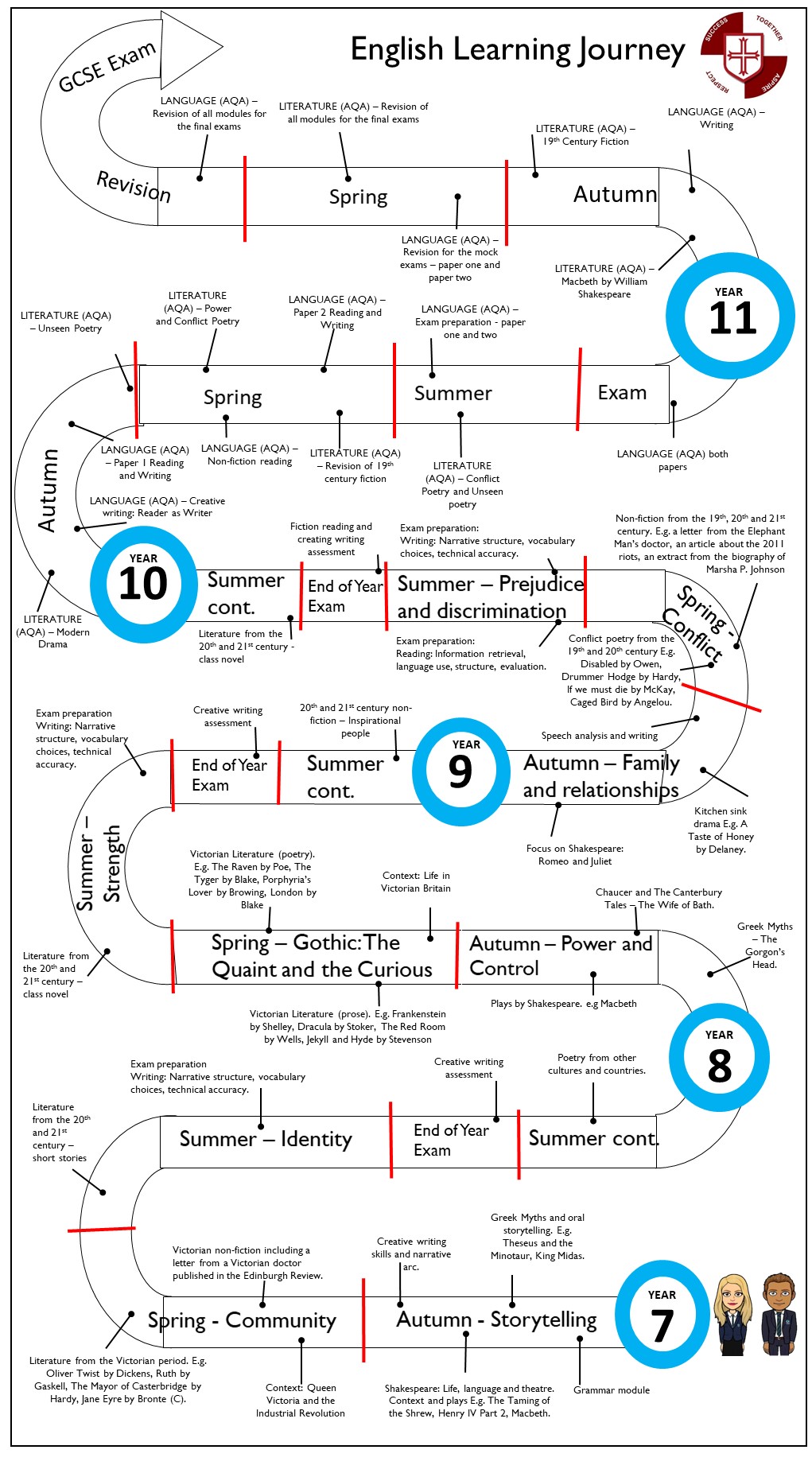Introduction
The overarching aim for English in the National Curriculum is to promote high standards of language and literacy by equipping pupils with a strong command of the spoken and written word, and to develop their love of literature through widespread reading for enjoyment. The National Curriculum for English aims to ensure that all pupils:
- read easily, fluently and with good understanding
- develop the habit of reading widely and often, for both pleasure and information
- acquire a wide vocabulary, an understanding of grammar and knowledge of linguistic conventions for reading, writing and spoken language
- appreciate our rich and varied literary heritage
- write clearly, accurately and coherently, adapting their language and style in and for a range of contexts, purposes and audiences
- use discussion in order to learn; they should be able to elaborate and explain clearly their understanding and ideas
- are competent in the arts of speaking and listening, making formal presentations, demonstrating to others and participating in debate.
Curriculum intent
The curriculum is revised every academic year in light of educational research and best practice. We are committed to providing a curriculum with the breadth of content and skills that allows all of our students to be able to achieve their fullest potential in English Language and English Literature.
Our curriculum is a constantly reviewed, developed and improved working document. It has been carefully designed and scaffolded to build and progress English pupils’ understanding and application of the key components of reading and writing and their use and effect. Opportunities for ‘interleaving’ or the revision of prior topics are embedded within it; links to SMSC are carefully considered, as are developing the aspirations of pupils with a particular focus on careers, which demand a high level of English expertise. Our curriculum takes pupils on a literature and language journey where they will get opportunities to become more literate, communicate through a variety of forms and genres and develop listening skills essential as part of their own personal development. Extended tasks, assessed and with feedback, are frequent and ensure gaps in knowledge are filled and pupils are aware of their development focuses. Our curriculum is designed so that pupils are aware of how each unit, and how the contents and skills within each unit, are linked to one another; they can see purpose and recognise progression.
Pupils will make progress, develop as learners of English Language and Literature and achieve their full academic and personal potential through:
- Clear progression made through the planned scaffolding of the curriculum
- Assessment, feedback, reflection and improvement of work to develop skills
- Rigorous preparation of students for success in the GCSE final examinations
- Interleaving and revision throughout the curriculum to ensure deep learning
- Pupils are prepared for life beyond school, for further education whether academic or vocational and for the world of work; ensures students are fully prepared for life in modern Britain and the modern world
- A curriculum and its delivery which challenges, motivates, inspires and leads to a lifelong interest in reading, writing and oracy
What do students study in English?
Key stage 3 curriculum overview
- Autumn: Storytelling: Greek Myths, Shakespeare and Creative Writing
- Spring: Community: Victorian fiction, Non-fiction and Letter Writing
- Summer: Identity: 20th/21st century literature from other cultures
- Autumn: Power and Control: Powerful characters in early literature; descriptive and creative writing
- Spring: Gothic: Victorian gothic fiction, Reading analysis of language
- Summer: The Outsider: Class novel and non fiction reading and writing
- Autumn: Family and Relationships: Shakespeare, Evaluation skills and Spoken Language
- Spring: Conflict: poetry and non-fiction reading and writing
- Summer: Prejudice and Discrimination: 20th/21st century literature
Key stage 4 curriculum overview
AQA GCSE 9-1– Fiction writing, creative writing, non-fiction reading and writing
AQA GCSE 9-1– Conflict Poetry, unseen poetry, Shakespeare, modern drama, 19th century fiction
Learning journeys




